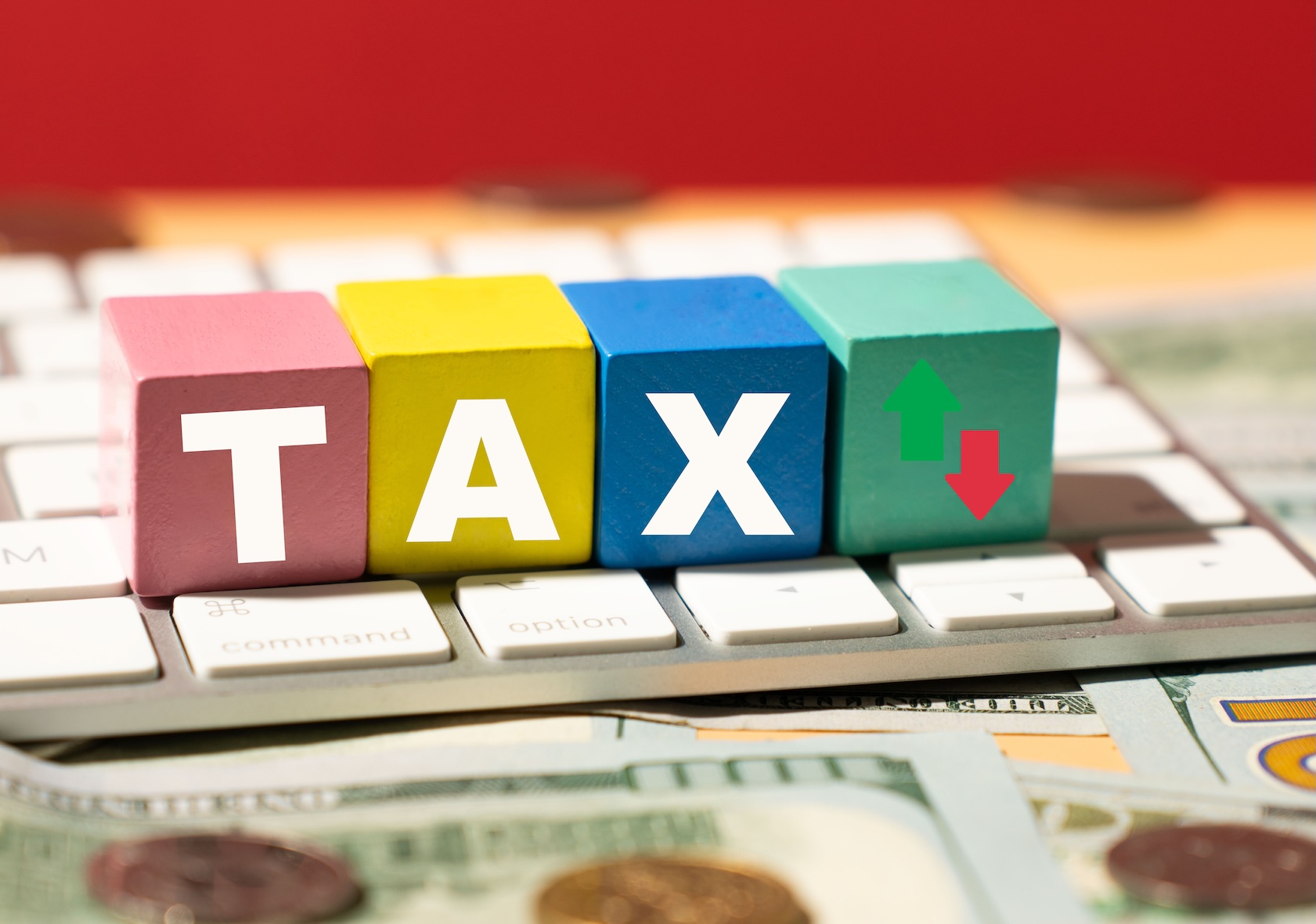With a large trade surplus with the United States and a critical role in global supply chains, Vietnam is more vulnerable to U.S. anti-dumping and anti-subsidy investigations. The stakes are higher for exporters in Vietnam as their products face potential anti-dumping or anti-subsidy investigations under the new U.S. trade policy. The “legal knife” in the U.S. market On March 17, the U.S. Department of Commerce received petitions for anti-dumping investigations into polypropylene boxes imported from Vietnam and similar investigations into products imported from China. This development represents a significant setback for Vietnamese plastics exporters. Based on the Tariff Act of 1930 (Section 731 addressing anti-dumping and Section 701 targeting anti-subsidy cases), the U.S. can initiate investigations if imports are suspected of being sold below normal market value, thus doing harm to domestic producers or benefiting from illegal subsidies, such as tax exemptions or preferential loans from exporting countries. Vietnamese exports have come under considerable scrutiny, including shrimp with duties ranging from 1.69% to 196% in 2024 and solar panels with anti-dumping tariffs from 21% to 217%. With the introduction of the new U.S. trade policy, Vietnamese exporters are confronting heightened risks associated with anti-dumping and anti-subsidy measures. Challenges for Vietnamese […]
Coping with new U.S. trade policy
By Lawyer Nguyen Nhat Duong (*)









